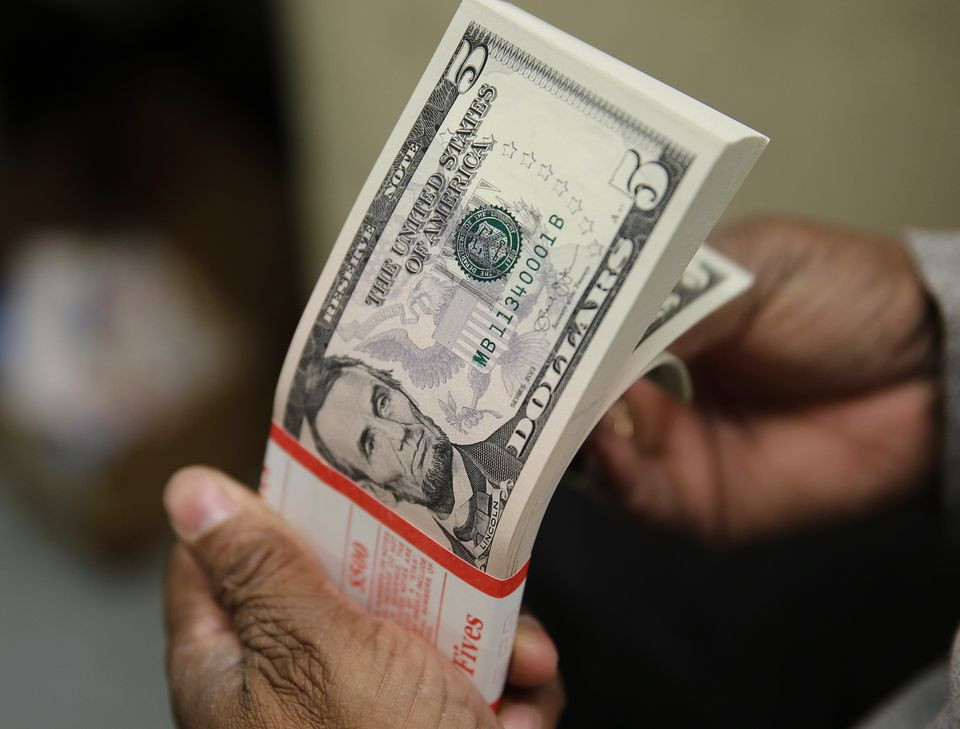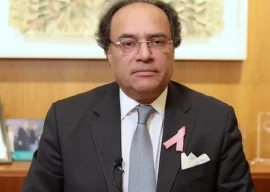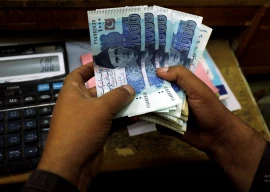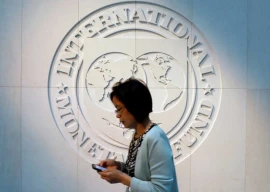
Pakistan, on Monday, announced that multilateral donors and friendly countries have committed a huge sum of $10 billion to help the flood-hit nation rehabilitate and reconstruct at a day-long moot in Geneva. A majority of the global commitments, however, have come with the condition of reviving the International Monetary Fund (IMF) loan programme and experts believe it may not change much for the struggling economy.
Speaking to The Express Tribune, Arif Habib Limited (AHL) Head of Research, Tahir Abbas said, “These commitments are considered a sigh of relief at a time when the county is in dire need of foreign financing. However, Pakistan should speed up its efforts to revive the stalled IMF programme, as most of the financial commitments are linked with the revival of the lending programme.”
While the actual timelines and other details for the flow of funding into the country remain unknown, the breakdown announced by Information Minister, Marriyum Aurangzeb suggests that the Islamic Development Bank (IDB) has made the single largest commitment of $4.2 billion to be given over the next three-years.
In addition, the World Bank (WB) has announced $2 billion, Asian Development Bank (ADB) announced $1.5 billion, the Asian Infrastructure Investment Bank (AIIB) announced $1 billion, Saudi Arabia $1 billion, the European Union (EU) $500 million, USAID $100 million, Japan $77 million while Germany has pledged 84 million euros at the conference.
Ismail Iqbal Securities Head of Research, Fahad Rauf was of the opinion that while the funding will give the country a short breather, it will not change much.“Of this $10 billion in pledges, hopefully, $3-4 billion will flow into the country within the next six-months. These inflows will strengthen the country’s depleting foreign exchange reserves,” he said, adding that, “We are due to repay $13 billion in foreign debt in the next six months till June 30, 2023, and another $74 billion until June 2026.”
“The financing has not changed too much in itself. This will merely help the nation buy some time to undertake fundamental economic reforms that are extremely overdue,” Rauf stressed. Recalling some of the previous commitments made to country when the floods had first impacted have yet to actualise, Abbas said, “The commitments seem genuine. This time the commitments are being made by multilateral donors. They will keep their word.”
He hoped that Pakistan would receive the majority of the announced flood relief funding within three years. Rauf expressed similar hoped that the financial announcements of $10 billion made today are in addition to what the government had accounted for in foreign commitments at the beginning of the year (Jul-June 2022).
Economist and Executive Director of the Institute of Business Administration (IBA), Akbar Zaidi expressed doubts about whether the pledges would be used for the rehabilitation of the affected people or for political motives. “All the government has done so far is beg friendly countries to help it survive,” he said, adding that “It (the government) has no economic policies to run the country”.
Finance Minister Ishaq Dar also held a meeting with IMF Mission Chief to Pakistan, Nathan Porter on the sidelines of the Geneva moot. The meeting is being considered as a step towards the revival of the stalled IMF programme. According to the information minister, the Pakistan-IMF meeting discussed the challenges being faced by “regional economies” in the backdrop of climate change, adding that the finance minister reiterated the country’s commitment to complete the fund programme. The commitments made at the donor conference are more than double the country’s foreign exchange reserves of $4.56 billion at present.



1729080111-0/BeFunky-collage-(63)1729080111-0-165x106.webp)
1730838202-0/Trump-(1)1730838202-0-165x106.webp)
















COMMENTS (1)
Comments are moderated and generally will be posted if they are on-topic and not abusive.
For more information, please see our Comments FAQ